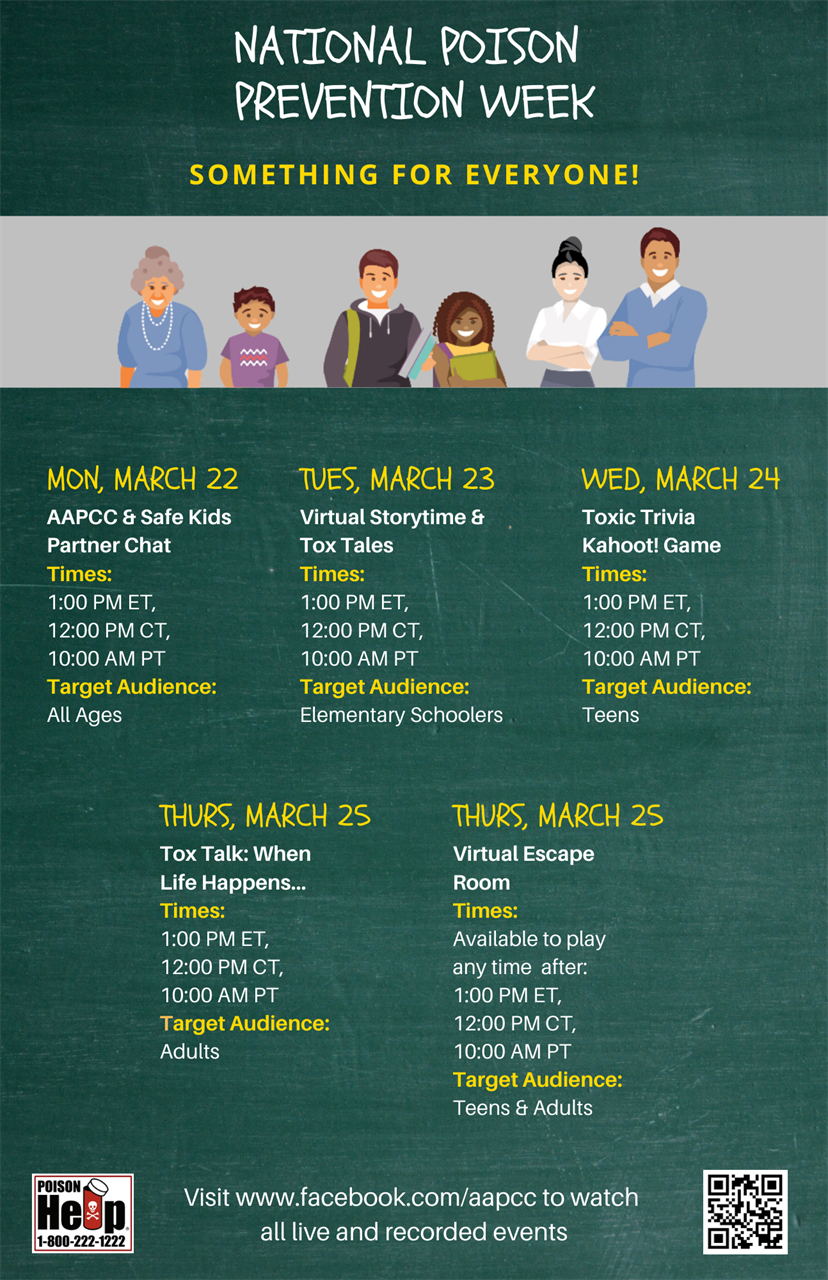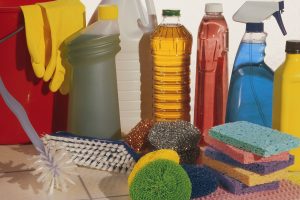Many of us have old prescription medicines we no longer need in our cabinets, or old expired over the counter medicines. Taking expired medications isn’t safe, and storing unneeded medication increases the risk a child could get into the medicines and be poisoned. Other medications are sometimes abused, and these could be taken by teenagers at risk for substance abuse. In order to help people dispose of medicines safely, the Drug Enforcement Administration (DEA) is holding an National Prescription Drug Take Back Day on October 28. The National Prescription Drug Take Back Day has a search for collection sites near you.
While it’s best to get rid of old medicines with a prescription drug take back program, if you need to you can dispose of them other ways. The Food and Drug Administration has directions on how to safety throw away old medicines, and has a list of medicines that they recommend flushing. Medicines on the “flush list” are especially dangerous because they are easy to overdose on, and some are frequently abused. If you have one of the medicines on the “flush list” and no longer need it, it is best to get rid of it immediately by flushing it down the toilet instead of waiting for a drug take back event.


 Because of COVID-19, many people are wondering how they can clean surfaces in their household to reduce the risk of spreading the disease. The Centers for Disease Control has guidance on
Because of COVID-19, many people are wondering how they can clean surfaces in their household to reduce the risk of spreading the disease. The Centers for Disease Control has guidance on